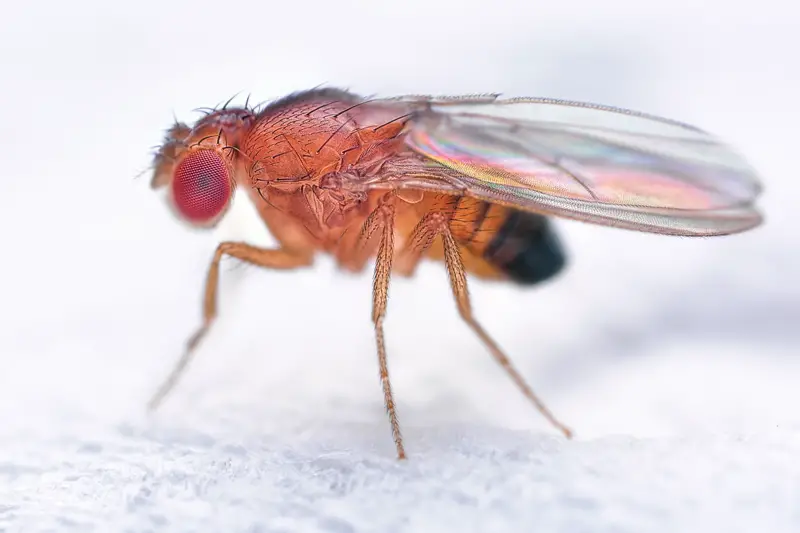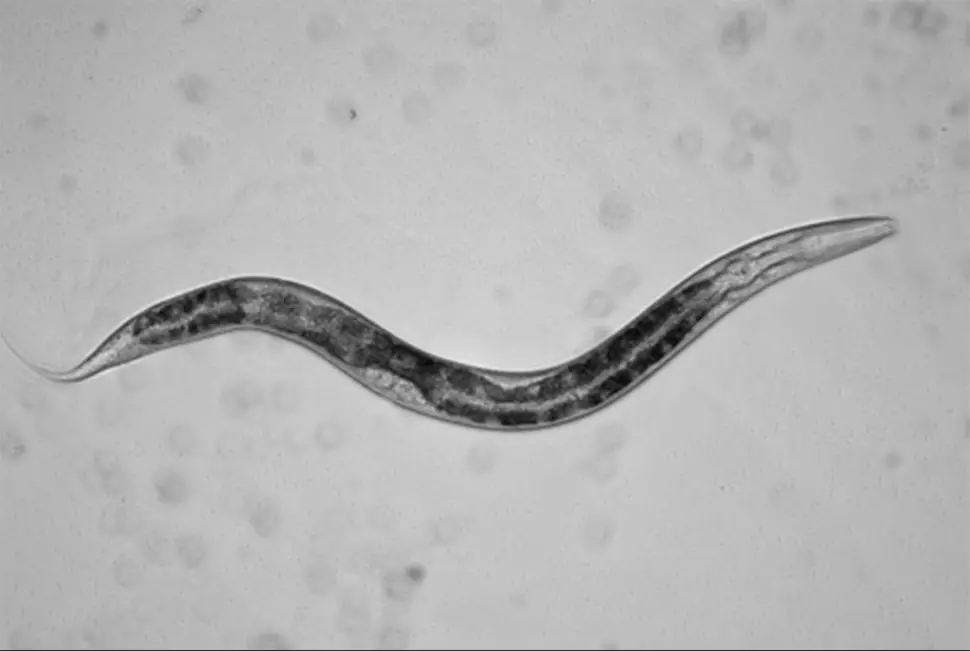
4th December 2017 Inhibition of common enzyme can extend longevity A study published in Nature finds that inhibiting RNA polymerase III, a common enzyme found in all mammals, including humans, can extend the lifespan of flies and worms.
An enzyme known as RNA polymerase III (Pol III) is present in most cells across all animal species, including humans. While it is known to be essential for making proteins and for cell growth, its involvement in ageing was unexplored until now. A new study, published in Nature by researchers from University College London, the University of Kent and University of Groningen, finds that the survival of yeast cells, and the lifespans of flies and worms were extended by an average of 10% following a modest reduction in Pol III activity during adulthood. "We've uncovered a fundamental role for Pol III in adult flies and worms: its activity negatively impacts stem cell function, gut health and the animal's survival. When we inhibit its activity, we can improve all these. As Pol III has the same structure and function across species, we think its role in mammals, and humans, warrants investigation as it may lead to important therapies," said first author, Danny Filer (UCL Institute of Healthy Ageing). The effects of inhibiting Pol III were found to be comparable to the action of the immune-suppressing drug rapamycin, which has previously been shown to extend the lifespans of mice and many other animals. This discovery will help scientists understand the mechanism of action of drugs, such as rapamycin, that show promise for extending the lifespans of mammals. "Understandably, there's a lot of hype around drugs that extend lifespan and promote healthy ageing – but very little is known about how they work, which is fundamental knowledge," explained study co-author Dr Nazif Alic (UCL Institute of Healthy Ageing). "We now think that Pol III promotes growth and accelerates ageing in response to a signal inhibited by rapamycin, and that inhibiting Pol III is sufficient to result in flies living longer as if they were given rapamycin. If we can investigate this mechanism further and across a wider range of species, we can develop targeted anti-aging therapies." The team used insertional mutagenesis and RNA mediated interference to inhibit Pol III in adults and observe the extension of lifespan. Yeast, flies and worms were used as model organisms because they are not closely related, but all contain Pol III. "It is amazing that we can make one genetic adjustment and positively impact on lifespan," said Dr Jennifer Tullet, University of Kent. "Understanding more about the underlying molecules at work here promises new strategies for anti-ageing therapies."
Comments »
If you enjoyed this article, please consider sharing it:
|








